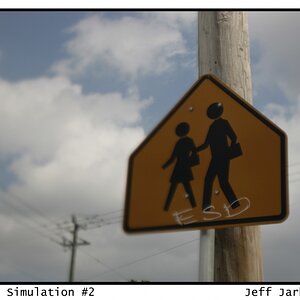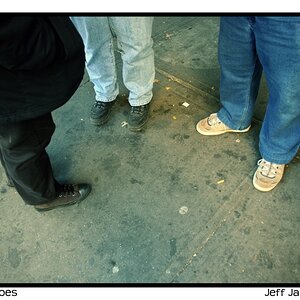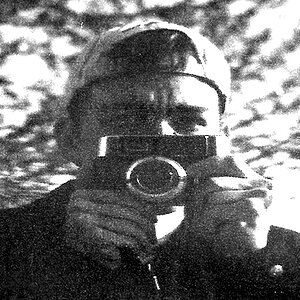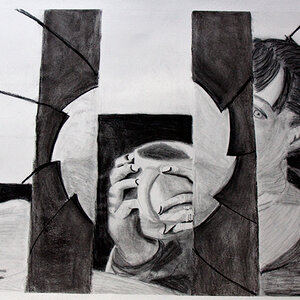thebutler4
TPF Noob!
- Joined
- Mar 21, 2011
- Messages
- 187
- Reaction score
- 10
- Location
- Magna, Utah
- Can others edit my Photos
- Photos NOT OK to edit
OK so when it comes to photos I have a question about the copyrights ...
When you post a photo on the web, and you have your "logo" on the photo with a copyright .. does this hold up or do you need to pay to have a photo copyrighted like you would say a remote control or something of that nature before you are able to take action?
If you don't have to pay to protect your work and you find it somewhere on the web where the copyright was removed or cropped .. how would you go about proving that it was your work and not someone else's?
and if you DO have to pay to protect your work .. is it legal to put the copyright mark on your work to help deter someone from using your work with out permission?
When you post a photo on the web, and you have your "logo" on the photo with a copyright .. does this hold up or do you need to pay to have a photo copyrighted like you would say a remote control or something of that nature before you are able to take action?
If you don't have to pay to protect your work and you find it somewhere on the web where the copyright was removed or cropped .. how would you go about proving that it was your work and not someone else's?
and if you DO have to pay to protect your work .. is it legal to put the copyright mark on your work to help deter someone from using your work with out permission?







![[No title]](/data/xfmg/thumbnail/35/35215-cb01ff31834a4ee952045622f00781a5.jpg?1619736952)





